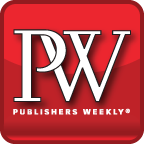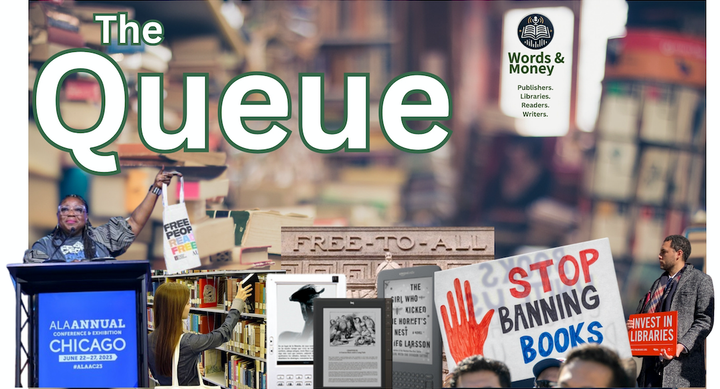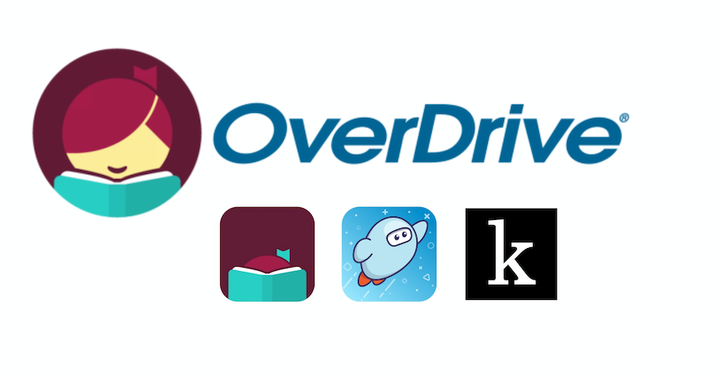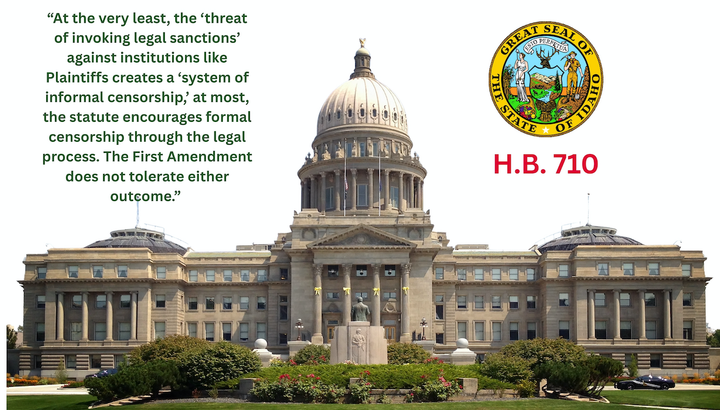The Queue: Library News for the Week Ending June 6, 2025
Among the week's headlines: Connecticut Passes a 'Freedom to Read' Law; an Arkansas librarian forced out over book bans sues for defamation; and 'American Libraries' offers a preview of the ALA Annual Conference in Philadelphia, set for June 26-30.
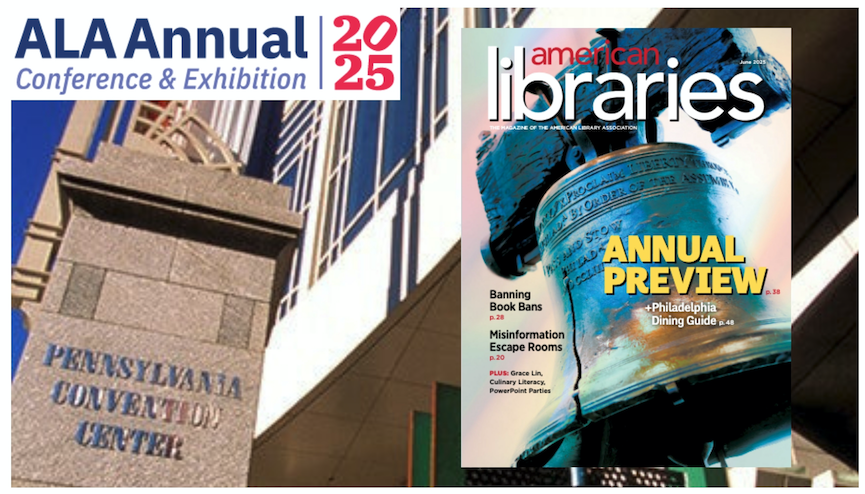
You have to hand it to library leaders in Connecticut—it has been one successful legislative session.
After passing the nation's first library ebook legislation since 2022 last month, the state has followed up by passing a law to protect the freedom to read in the state's libraries. On June 4, the Connecticut General Assembly passed Senate Bill 1271, sending the bill to Governor Ned Lamont's desk.
“This bill gives us what every community deserves: clarity, fairness, and trust,” said Ellen Paul, Executive Director of the Connecticut Library Consortium, in a release. “This bill protects a library’s ability to carry books like the Bible as much as it protects books about gender identity. It puts books by conservative authors side-by-side with liberal points of view. It’s not about who’s right, but the right to be heard, the right to think, and the right to choose in the safety of our libraries.”
According to a release, the bill's key provisions include:
- No books can be removed just for being offensive. The law makes clear that a book cannot be pulled solely because someone disagrees with it. Challenges must cite educational or professional concerns.
- Local voices matter. Only town residents, parents, students, or school staff can file formal challenges—and they must do so in writing.
- Protections for library staff. Librarians following board-approved policy cannot be sued or harassed simply for doing their jobs.
- Materials stay available during review. Books remain on shelves until the challenge process is complete.
- Policies must be public and inclusive. Every library must publish its collection policy, ensuring collections serve diverse populations and do not discriminate.
“We’ve seen too many headlines across the country about books disappearing from shelves because one group shouted the loudest,” said Scott Jarzombek, President of the Connecticut Library Association. “This bill says, ‘Not here.’ Connecticut communities deserve thoughtful, consistent policies, not reactive and performative politics.”
The bill passed despite some lawmakers opposed to the bill running a familiar play from the book banners' playbook: reading explicit passages from books out of context.
"Debate on the biennial budget devolved into a culture war discussion about book banning on Monday night when a Republican lawmaker read sexually explicit material from books for young adults on the floor of the House of Representatives," reports the CT Mirror. "The excerpts referenced oral sex and used vulgar terms for body parts and other sexual acts."
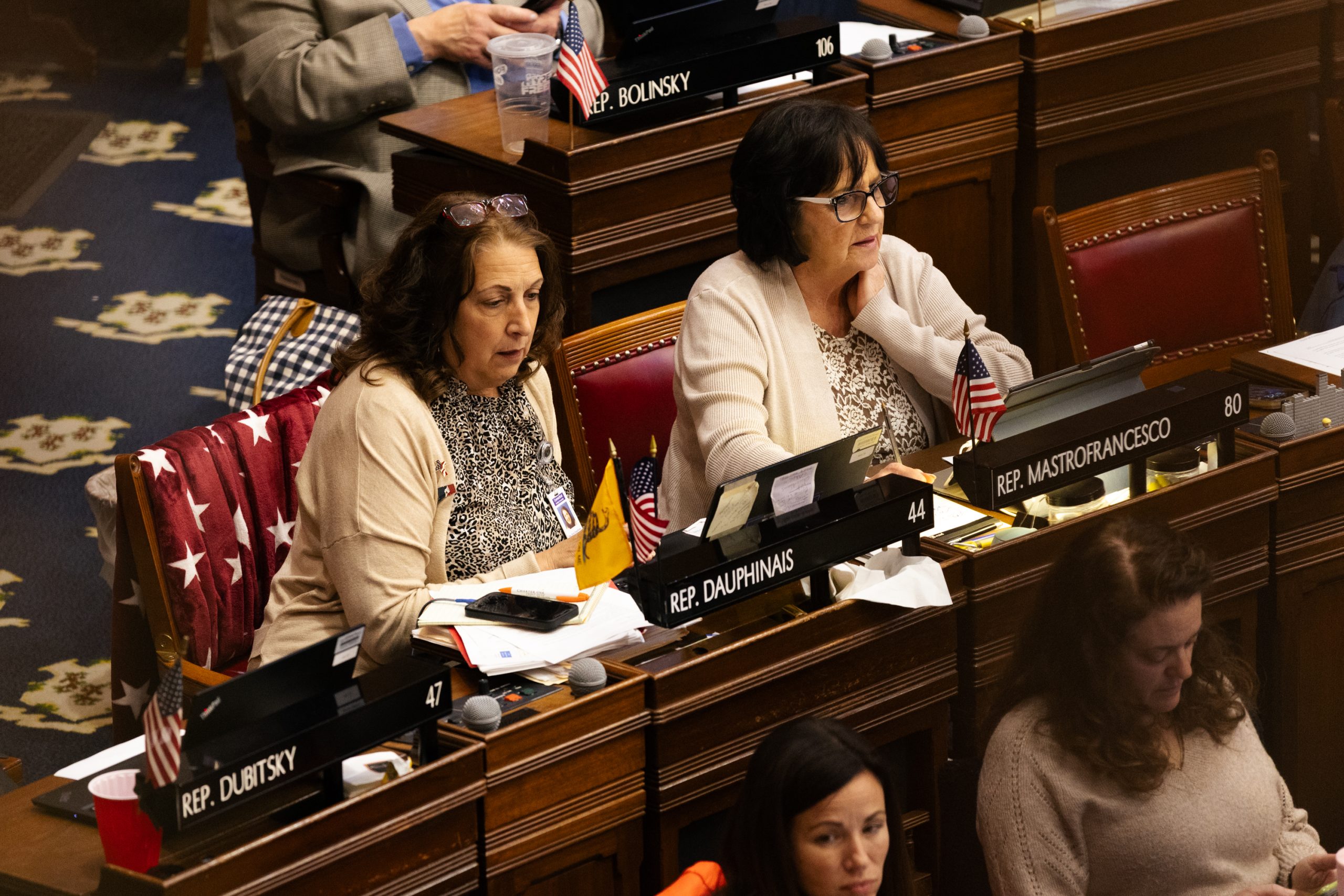
Are You Ready for ALA 2025?
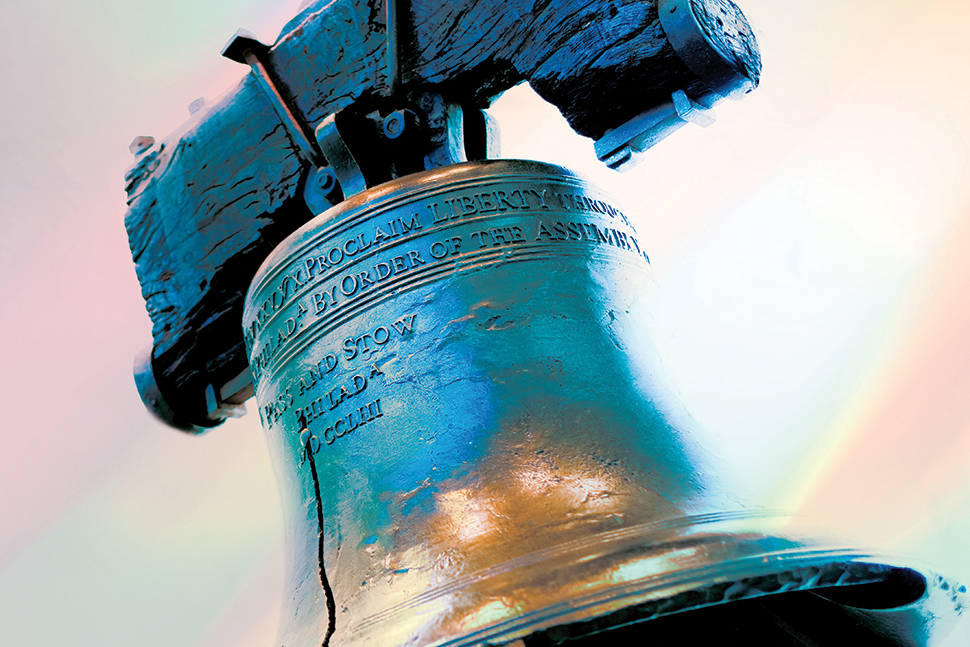
With everything going on in libraries, the 2025 ALA Annual Conference is setting up to be a big one. And you can't ask for a better host city, as Philadelphia has proven to be one of the most popular sites for ALA events over the years. American Libraries this week published its conference preview, with everything from program highlights to restaurant recommendations.
"As the Association—and the nation—approach monumental anniversaries, library workers will reaffirm and celebrate what it means to run institutions foundational to democracy, equity, and civic discourse. Many sessions in this year’s program reflect the issues currently weighing on the profession, such as intellectual freedom, access, advocacy, and funding," the preview notes. "The conference will also include appearances from featured speakers and authors, hundreds of education programs, more than 500 exhibitors, and plenty of opportunities to network.
Michigan Governor Gretchen Whitmer will open the conference with a keynote on Friday, June 27. The show runs from June 26-30.
A California Battle over Book Bans Nears a Crescendo
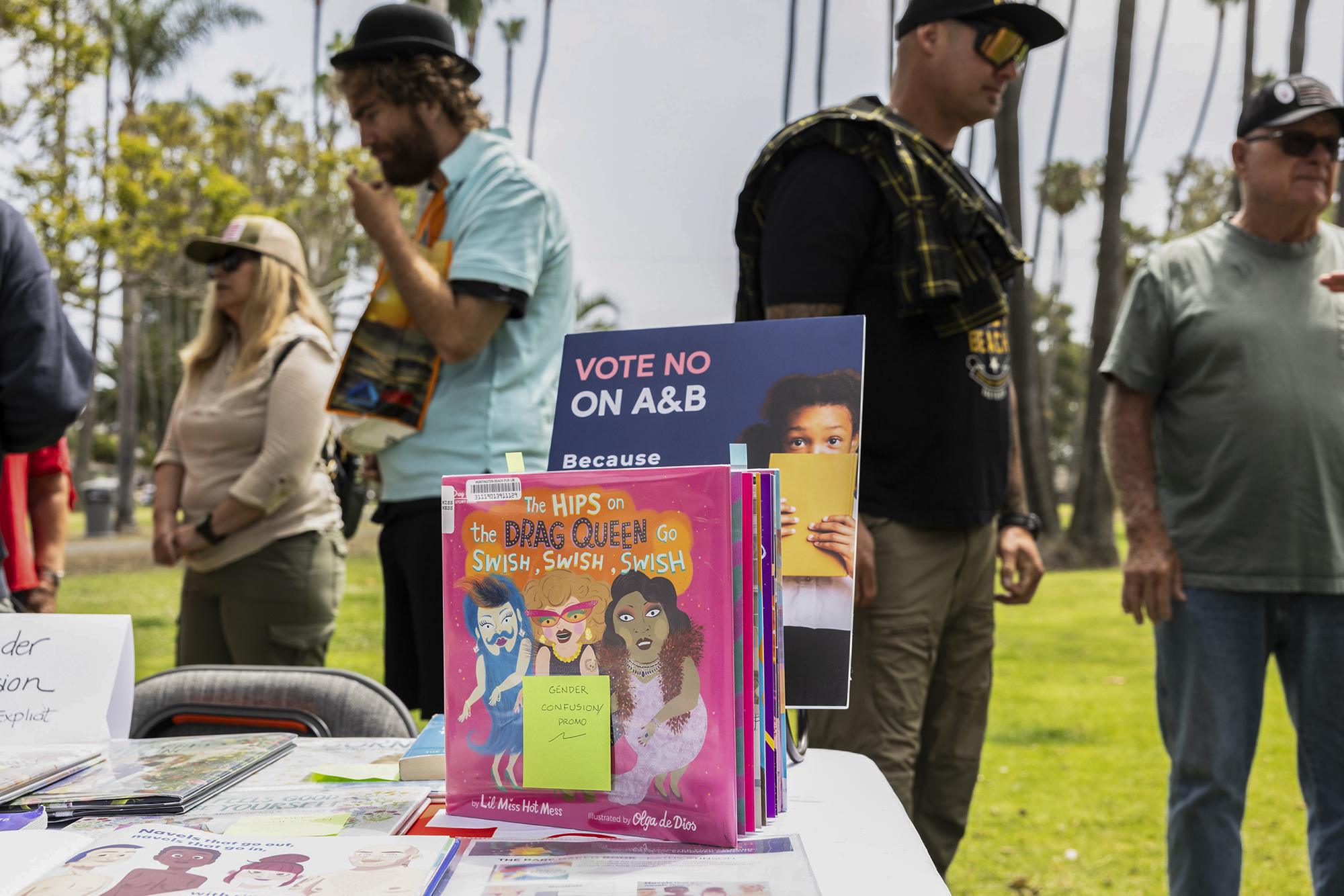
Via the nonprofit CalMatters, a look at the state of play in Huntington Beach, California, where residents will decide next week whether to repeal a community review board for library material.
"The election—the culmination of nearly two years of tense clashes over sexual content in children’s books, parental rights and censorship—carries the weight of more than just the future of the local library," the report states. "An ascendant political movement, led by the self-proclaimed “MAGA-nificent 7” members of the city council, has in recent years turned Huntington Beach into the bulwark of conservative resistance to California’s progressive governance and a hotbed of nationally resonant culture wars, including on vaccines, Pride flags and voter ID.
Former Arkansas Library Director Sues Board Member For Defamation
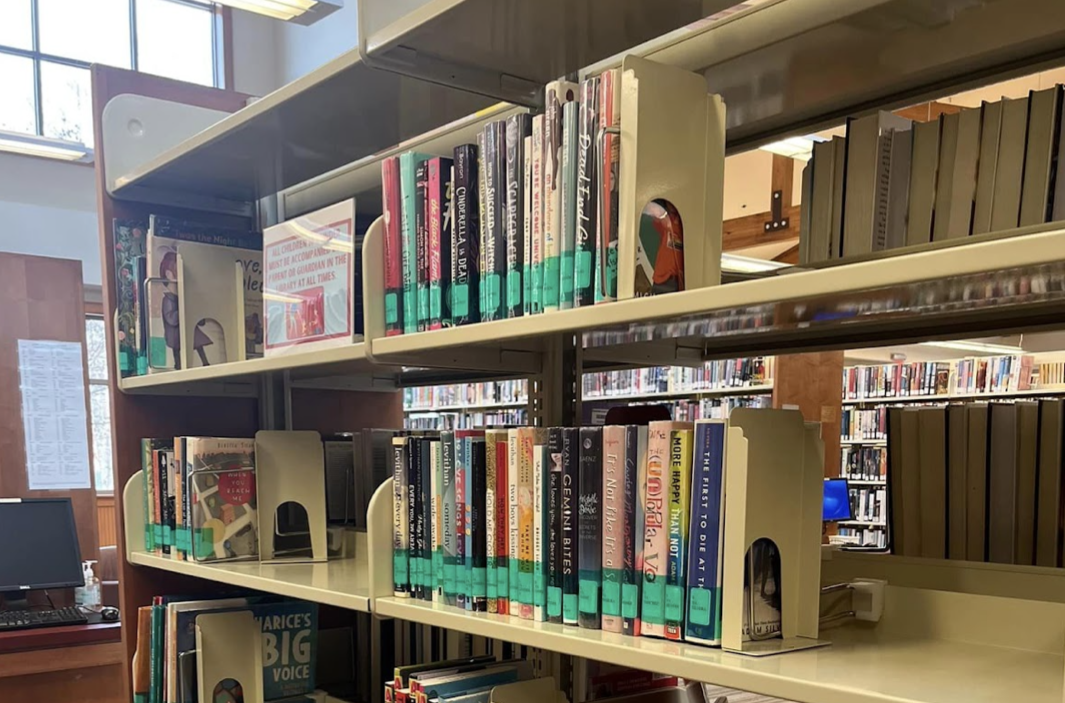
Tess Vrbin at the Arkansas Advocate reports that the former Crawford County Public Library Director Deidre Grzymala has filed suit against Tammara Hamby, a member of the library’s board of trustees, alleging that Hamby breached a separation agreement by disparaging her following Gryzmala's 2023 resignation.
"At an April 18 library board meeting, Hamby claimed Grzymala was responsible for a First Amendment lawsuit against the county, the library board and others over the library’s segregation of children’s books with LGBTQ+ themes," Vrbin writes. Vrbin notes that the defamation suit comes after the county's legal bills have exceeded $575,000 after losing two lawsuits over book bans."
Wyoming Journalist Slams Attacks on Libraries

Via WyoFile, veteran Wyoming journalist Kerry Drake blasted state legislators' proposals to ban books and criminalize librarians, and suggested the state would be better off following a different path.
"Six states–California, Illinois, Maryland, Minnesota, New Jersey and Washington—have passed laws in the past two years that preserve access to reading materials that deal with racial and sexual themes, including the LGBTQ+ community," Drake writes. "Wyoming should become the first red state to join this effort and show that the freedom to read is a principle we uphold, and we won’t abide by censorship in any form. Wyoming should protect libraries from civil suits, not fine them and invite litigation. And just as importantly, Wyoming should continue to allow parents—and not the government—to decide what’s best for their children."
Internet Archive, Authors Alliance Team Up for New Podcast: Future Knowledge
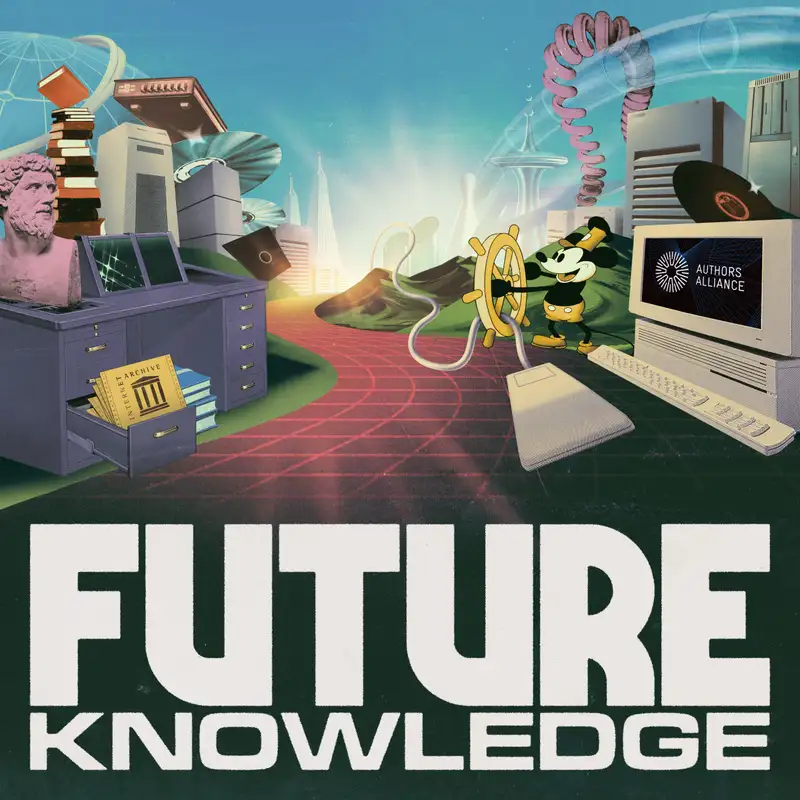
If you're interested in how knowledge is "created, shared, and preserved in the digital age—and what forces are shaping its future," then this is for you. The Internet Archive and the Authors Alliance have launched Future Knowledge, a new podcast hosted by Chris Freeland, librarian at the Internet Archive, and Dave Hansen, executive director of Authors Alliance.
"In each episode, an author discusses their book or publication and the big ideas behind it—paired with a thought-provoking conversation partner who brings a fresh perspective from the realms of policy, technology, libraries, or the arts," a release notes. The podcast begins with "a double feature," Two episodes tackling copyright history and AI’s global impact.
Episode 1: The Copyright Wars, features historian Peter Baldwin, who joins copyright scholar Pamela Samuelson to unpack The Copyright Wars—his "sweeping look at 300 years of trans-Atlantic copyright battles."
Episode 2: Copyright, AI, and Great Power Competition features authors Joshua Levine and Tim Hwang in conversation with Lila Bailey to "explore how artificial intelligence is transforming copyright law—and how global powers are using IP policy as a strategic tool in the race for technological dominance.
An Interview with Brewster Kahle

In addition to its ALA preview, the current issue of American Libraries has a lot of great articles, including an interesting Q&A with Internet Archive founder Brewster Kahle.
"We need libraries to have at least as good rights in the digital world as we have in the physical world," Kahle tells Anne Ford. "People generally don’t know that libraries, in this digital era, are prevented from buying any ebooks or MP3s. They are not allowed by the publishers to have them. They spend and spend and spend, but they don’t end up owning anything. They’re not building collections. So the publishers can change or delete anything at any time, and they do. In their dream case, libraries will never own anything ever again. This is a structural attack on libraries. You don’t need to be a deep historian to know what happens to libraries. They’re actively destroyed by the powerful."
Library Futures Launches 'A Podcast about Ebooks'

And here's another must-listen for those interested in the rapidly evolving world of digital information: Library Futures has introduced A Podcast About Ebooks, a three-part podcast series that "explores what ebooks are, the ereaders that make them possible, their relationship to libraries, and more."
A new episode of this limited series drops each Wednesday on Engelberg Center Live! and can be found on Apple Podcasts, Spotify, and as an RSS feed that can be imported anywhere. And definitely check out their interactive timeline and their impressive list of references.
Rural Oregon County Could Lose Its Library

Oregon Public Broadcasting reports that rural Grant County, faced with a budget shortfall, has moved to defund the county's only public library.
"The county’s library director, Chris Ostberg, said losing county funding could close the library, cutting off services with few alternatives. 'Kids from Dayville would have to drive clear to Burns,' she said. 'That’s over 100 miles for them to get a book. That’s not going to happen.' She said the library, which is located in John Day, is a community hub for a lot of key services in the rural Eastern Oregon community."
The ACLU Is Suing Over Military Book Bans

Over at Book Riot, Kelly Jensen leads off her weekly censorship news column with a look at a lawsuit challenging book bans ordered through the Department of Defense Education Activity schools, talking with Sam LaFrance, First Amendment Communications Strategist for the ACLU.
Tim O'Reilly on AI
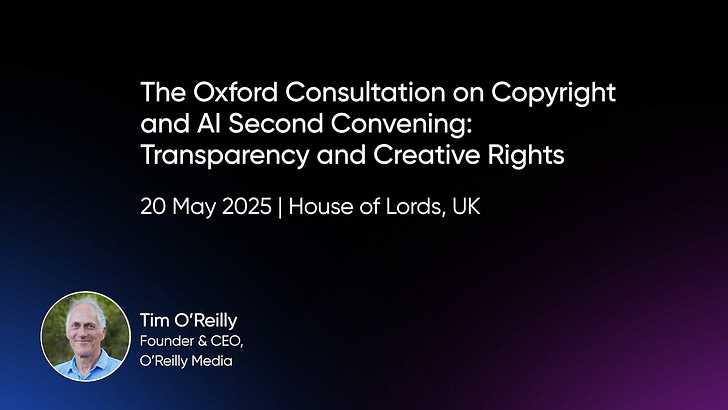
Via the substack Asimov's Addendum, Isobel Moure shares a recent talk given by the great publisher Tim O'Reilly last month for the second convening of the Oxford Consultation on Copyright and AI.
"In just 15 minutes, Tim provides a panoramic view of the future of copyright and AI from the perspective of a publisher, drawing on his experience as founder and CEO of O'Reilly Media," Moure writes. "Tim challenges the notion that the future of the internet is necessarily a parasitic one, where model developers can’t possibly pay for their training data or disclose its sources, and are unable to undertake real-time attribution and compensation of sources during inference (answer) time."
Chicago Sun-Times Explains that Infamous AI-Generated Book List

In an earnest apololgy, Melissa Bell explains how the Chicago Sun-Times came to run an AI-generated list of mostly fake books.
"Did AI play a part in our national embarrassment? Of course. But AI didn’t submit the stories, or send them out to partners, or put them in print. People did. At every step in the process, people made choices to allow this to happen," Bell writes. "It’s easy to say AI is a problem. It’s a lot harder to work, collectively and individually, as humans to catch up and learn and understand how our industry and technology are changing around us. Those of us of a certain age can say from experience: We see this at every stage of the internet’s development; this current evolution is just happening an awful lot faster. If we keep blaming the technology, we’re never going to own the solution." Bravo, and well said.
And finally this week...
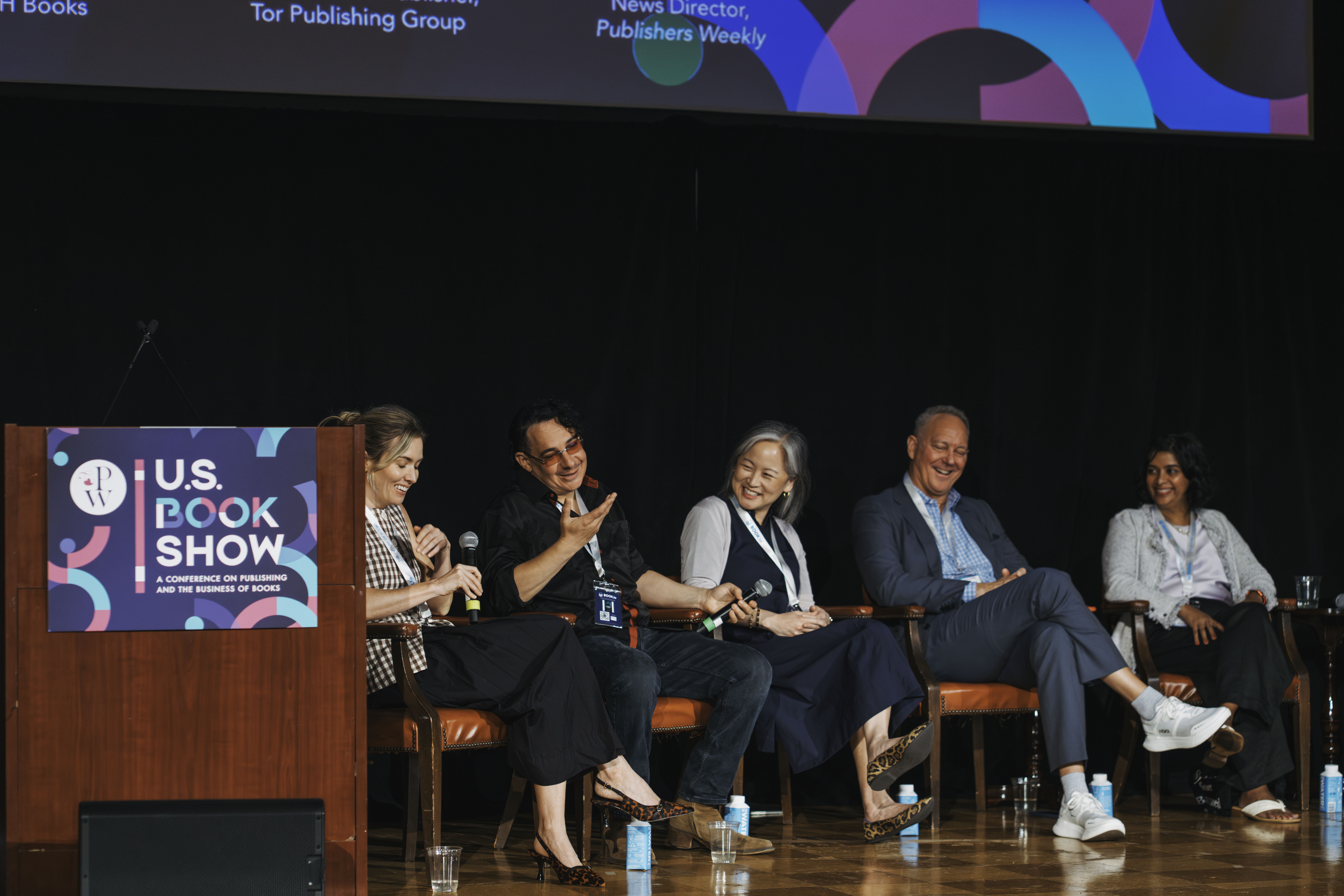
This week, our friends at Publishers Weekly hosted the fifth annual U.S. Book Show in New York. And kicking off the day of panels, was a keynote featuring Joy Bivins, director of the Schomburg Center for Research in Black Culture in Harlem, and Randy Winston, creative director of fiction at The Black List.
"Bivins discussed the Schomburg Center’s upcoming centennial exhibition, '100 Years of Collections, Community, and Creativity,' which draws from its 11-million-item collection and features materials from such literary giants as Maya Angelou, James Baldwin, and Lorraine Hansberry, alongside a festival and other programming initiatives," the article notes. "Reflecting on her tenure, Bivins said, 'When I look back, I'll get to say I was the leader of the Schomburg Center when it celebrated 100 years, and now I'm part of a legacy that is bigger than I am.'"












